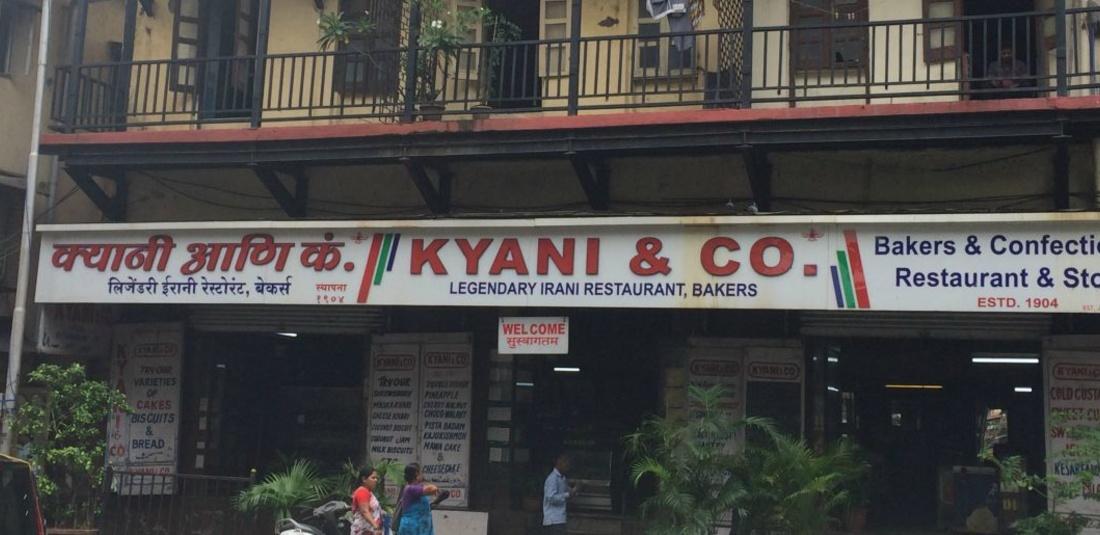
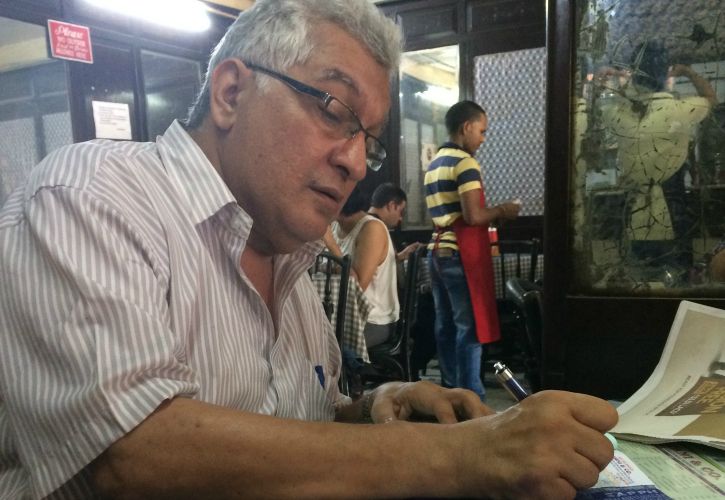
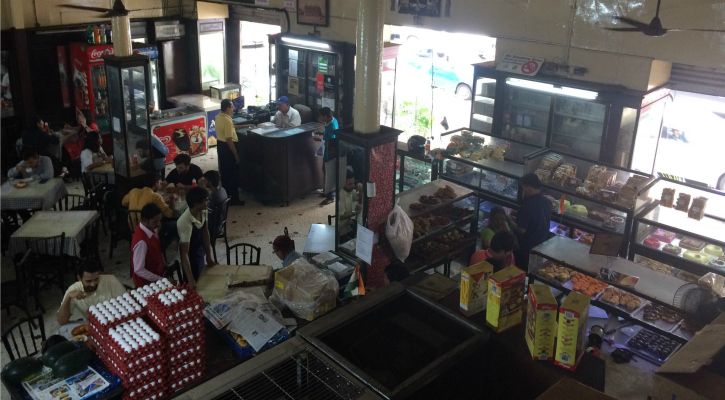
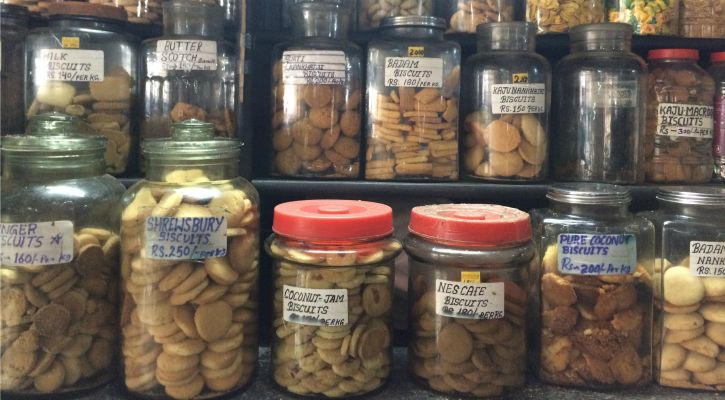

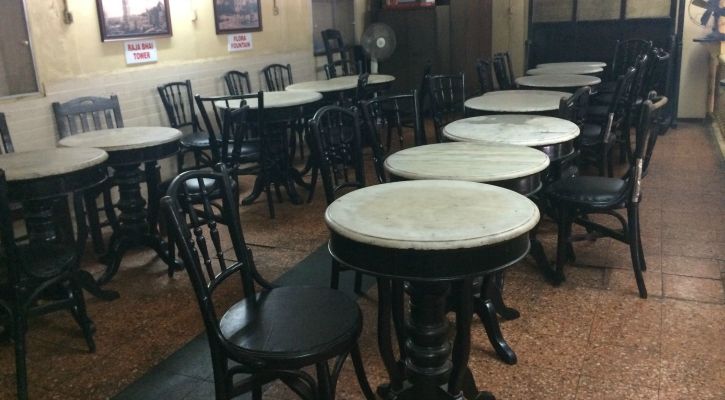
Kayani & Co., a venerable institution in Mumbai, stands as a testament to the city's rich culinary legacy. At the helm of this iconic restaurant is Farokh Shokri, a man whose snowy mane and friendly demeanor reflect the weight of managing a business with a history spanning 113 years. Seated at a table strategically positioned to observe every transaction, Farokh exudes a slight air of stress as he meticulously accounts for bills and supplies. The establishment, fondly known as Kyani's, was founded in 1904 by Khodram Marezban and later taken over by Aflatoon Shokri, Farokh's father, in 1959. Despite the restaurant's age, its interiors exude charm, adorned with sepia-toned pictures of old Mumbai, preserved black bentwood chairs, and checkered mats on square and round tables. Kyani's has become a living archive, encapsulating the authenticity of Parsi-style dishes and the essence of old Bombay. Farokh is quick to correct the common mispronunciation of his name, emphasizing that it's 'Farokh' and not 'Farooq.' He shares anecdotes about the restaurant's illustrious past, revealing that celebrities like Shashi Kapoor and M F Hussain were regular patrons, indulging in their favorite bun maska and chai while maintaining a low profile. The restaurant's interior, characterized by high roofs and a mezzanine floor, exudes an undeniable charm. Kyani's distinctive aroma, emanating from its delectable offerings, enhances the overall experience. Whether it's a cup of chai infused with elaichi, a freshly made Chicken Pattice, or the simplicity of Chicken Tandoori or Kheema Pav, the culinary offerings are a treat that transcends time and trends. Kyani's prime location, diagonally opposite Metro theatre, has not been without challenges. Farokh recounts a chilling incident during the 26/11 terrorist attack when the terrorists' jeep passed in front of the bakery. The proximity to historical events adds another layer to the restaurant's storied legacy. However, despite its enduring charm, Kyani's faces a challenge shared by many Parsi bakeries – the waning interest of the younger generation. Farokh acknowledges that the future of such establishments depends on the choices of the succeeding generation. As he ponders the uncertain fate of his own children taking over the business, he acknowledges the broader trend of Irani bakeries fading away due to a lack of interest from the new generation. In a city experiencing a surge in restaurant franchises, Kyani's stands as a bastion of tradition, a living museum of Mumbai's culinary history. As the threat of extinction looms over such establishments, one can only hope that these iconic places, steeped in history and personality, continue to resist the allure of modernization and maintain their unique charm for generations to come. The legacy of Kayani & Co. is not just about food; it's a living narrative of Mumbai's past, present, and hopefully, its future.